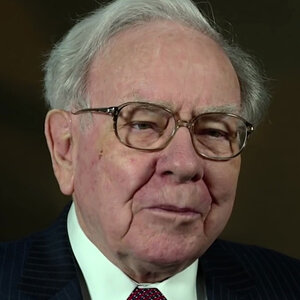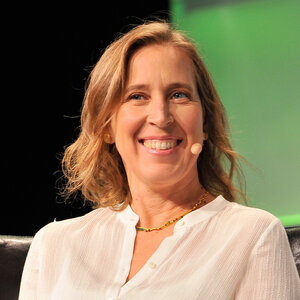'Giving Pledge' Not Without Critics
Since mega-philanthropists Bill and Melinda Gates and Warren E. Buffett launched their Giving Pledge campaign, an effort to encourage the nation's billionaires to dedicate at least half their fortunes to charity, three months ago, the campaign has attracted more criticism than new signatures, the New York Times reports.
In August, the first forty families and individuals who signed the pledge were recognized for their commitments, totaling some $600 billion, to do just that, either during their lifetimes or upon their deaths. Since then, the campaign has not visibly inspired others to sign the pledge — although it has spurred debate about the super-rich, their charitable giving, and what that giving says about American society.
Critics of the pledge include those who are concerned it will only serve as a reminder of the growing concentration of wealth in society, while others, like Pablo Eisenberg, a senior fellow at Georgetown University's Center for Public and Nonprofit Leadership, question how any additional philanthropic dollars generated by the campaign will be spent. Although Eisenberg acknowledged that the pledge is likely to inspire more giving among the rich and super-rich, he also expressed concern that it would "increase the number of mega-foundations, and I worry that will hurt our democracy because of the influence these institutions will exert."
Despite such criticism, Bill Gates himself is optimistic that the campaign will not only help increase philanthropic giving in the U.S., and around the world, it will also improve the practice of philanthropy and help address income inequality by serving as a tool for the redistribution of wealth in society. "We will never be able to measure how much the group gets people to do more giving or do it in a better way," Gates told the Times via e-mail. "However, I think the impact is likely to be quite positive."






